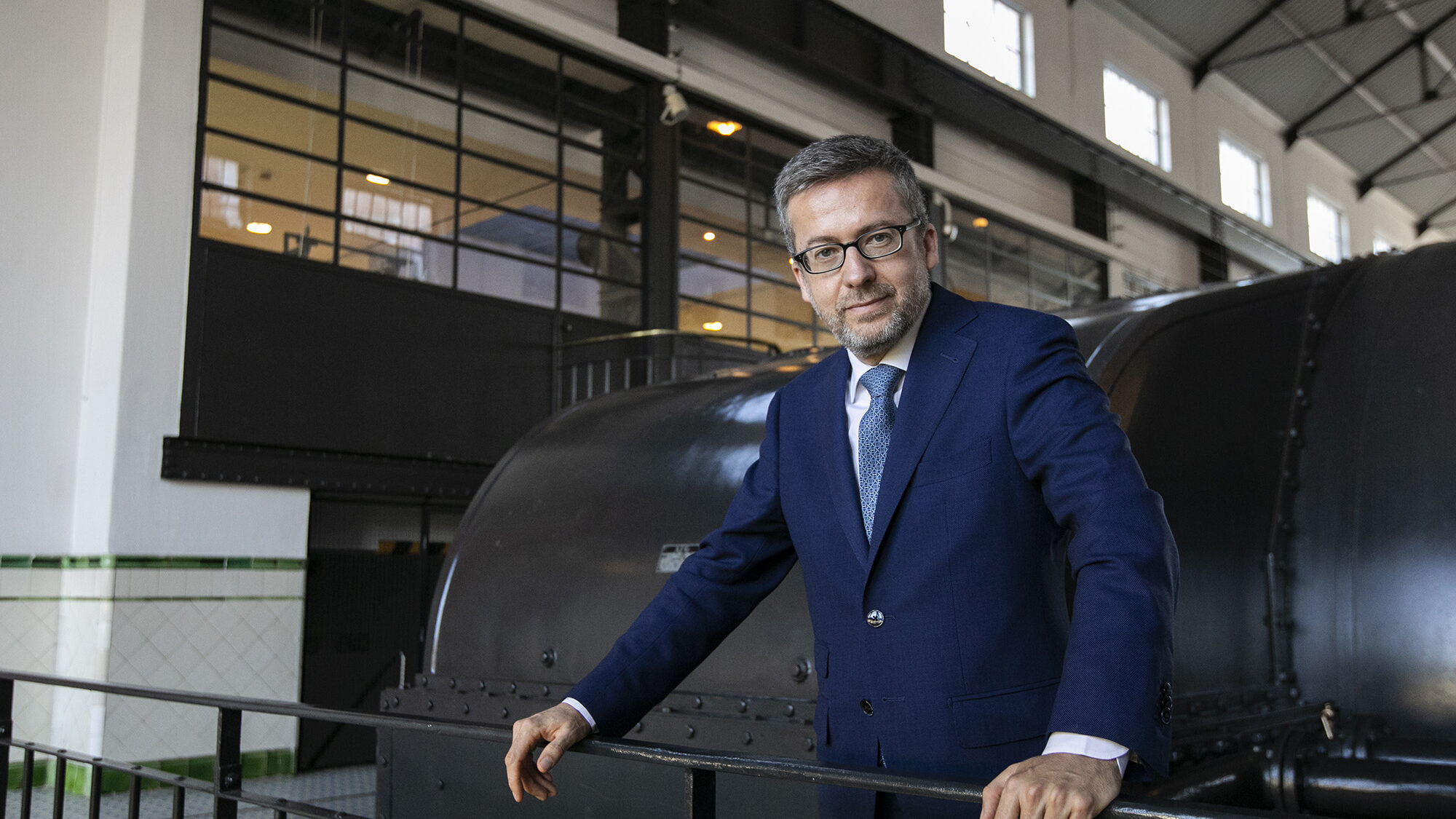Lisbon region EU funding to be cut, made up by recovery, resilience plan funds
Overall, the amount allocated to regional programmes has increased, but Lisbon, considered a more developed region, had "a significant cut" in the ROP in the next framework.
The Lisbon regional operational programme (ROP) will be cut by more than half in the next PT2030 community framework, but the region has other support available, such as the Recovery and Resilience Plan (RRP), the minister of cohesion has said.
Minister Ana Abrunhosa participated on Monday in a meeting of the strategic council of Lisbon and Tagus Valley, where the president of the commission for coordination and regional development (CCDR), Teresa Almeida, explained to local councillors and other entities of the region the available funds and priorities of the Lisbon regional programme (“ROP”) of PT2030, approved by the European Commission on 15 December.
This was the first of a series of meetings of this type attended by the minister, who on Tuesday will meet with the strategic council of the Alentejo and on Friday will be in the North, in Mogadouro.
Overall, the amount allocated to regional programmes has increased, but Lisbon, considered a more developed region, had “a significant cut” in the ROP in the next framework, from over €800 million in PT2020 to €381 million in PT2030.
However, Ana Abrunhosa stressed that, on the other hand, “so far more than 2 billion euros have been approved in the RRP (the EU post pandemic bazooka funds for recovery and resilience) for the Metropolitan Area of Lisbon” (AML).
“So if we add up the RRP that the region has, because it was one of the worst hit by the pandemic, and the regional programme, we are talking about much, much higher sums than the previous regional programme,” she stressed.
“Here there is a need, which I stress as being very important, for there to be great coordination between the regional programme and the RRP, because it is the same territory, they are sources of funding that are being applied simultaneously, which can complement and strengthen each other,” she added.
Among the sums already approved, she highlighted €59 million in the area of health, €148 million in the area of housing, €168 million for student accommodation, €218 million in social responses, €737 million for business capitalisation and innovation and €1.2 billion for various Mobilisation Agendas, with the participation of companies, science and technology institutions and public entities in the AML, in addition to the €554 million already approved for the expansion of the Lisbon Metro and the Odivelas-Loures Light Surface Metro.
Ana Abrunhosa underlined that in this new programme there is more autonomy and more responsibilities attributed to the CCDR to enter into contracts with the metropolitan areas or inter-municipal communities.
Teresa Almeida, president of the Lisbon and Tagus Valley coordination and regional development commission (CCDR-LVT), highlighted that, in the case of Lisbon, the reduction of funds in the ROP is a challenge, but she is optimistic because the region’s economy has shown “capacity to leverage projects”.
“With this tool that we have in parallel, the RRP, I think that here is the perfect ‘match’ for, where we can’t go for one, we go for another,” she said.
The official explained that in the previous programme around 40 family healthcare centres were funded, but these facilities are currently funded by the RRP, “so it is no longer necessary for the Lisbon programme to have this funding”.
In this new community framework, Brussels prioritizes in regional programmes climate change and decarbonization, competitiveness and digitalization.
The €381 million of the Lisbon2030 programme will be allocated mainly to innovation and competitiveness (€170 million), sustainability and resilience (€96 million), social inclusion (€55 million) and urban development (€48 million).
Through PT2030, Portugal committed itself to “place 40% of the funds of each region in the competitiveness area”, to allocate “30% of the funds to decarbonisation and the fight against climate change” and to increase “the investment in sustainable urban development, which in this framework increases from a requirement of 5 to 8% of the total allocation”, stressed Ana Abrunhosa.


